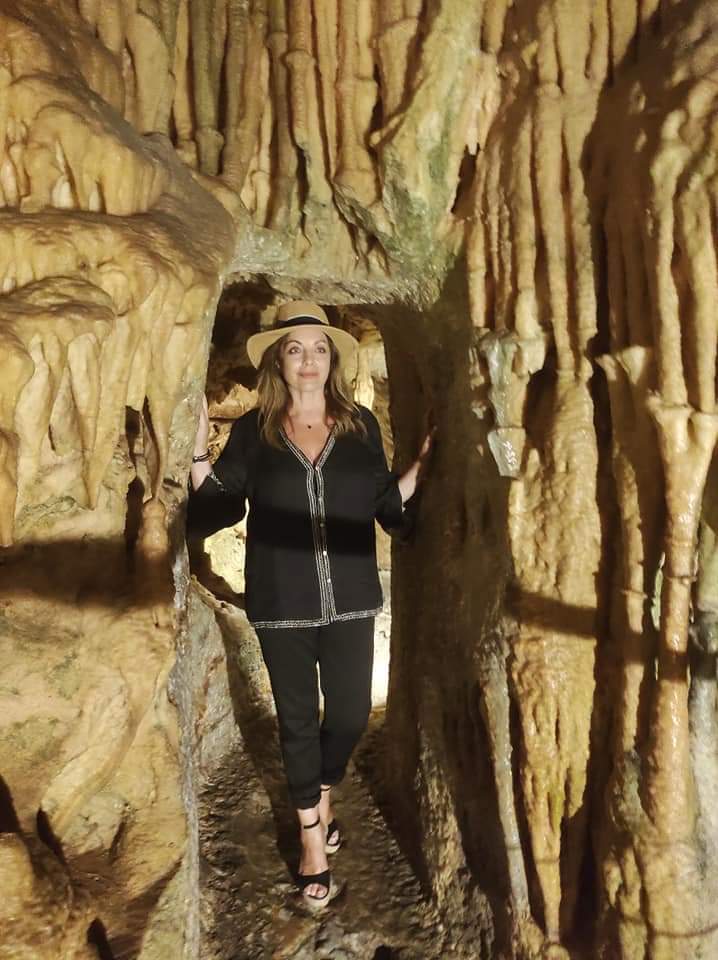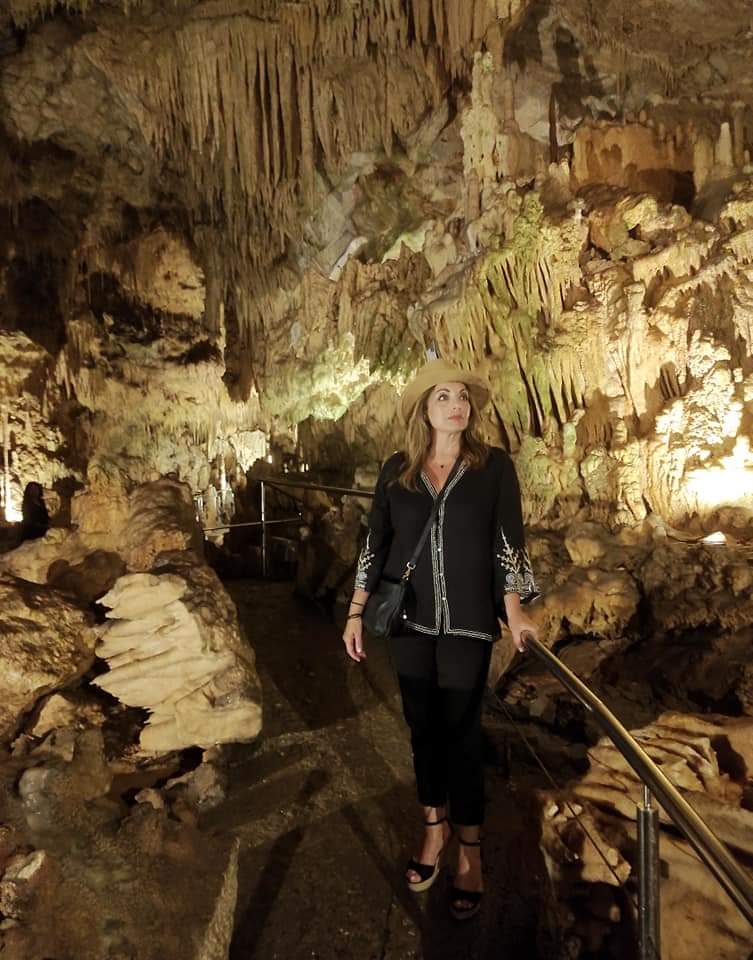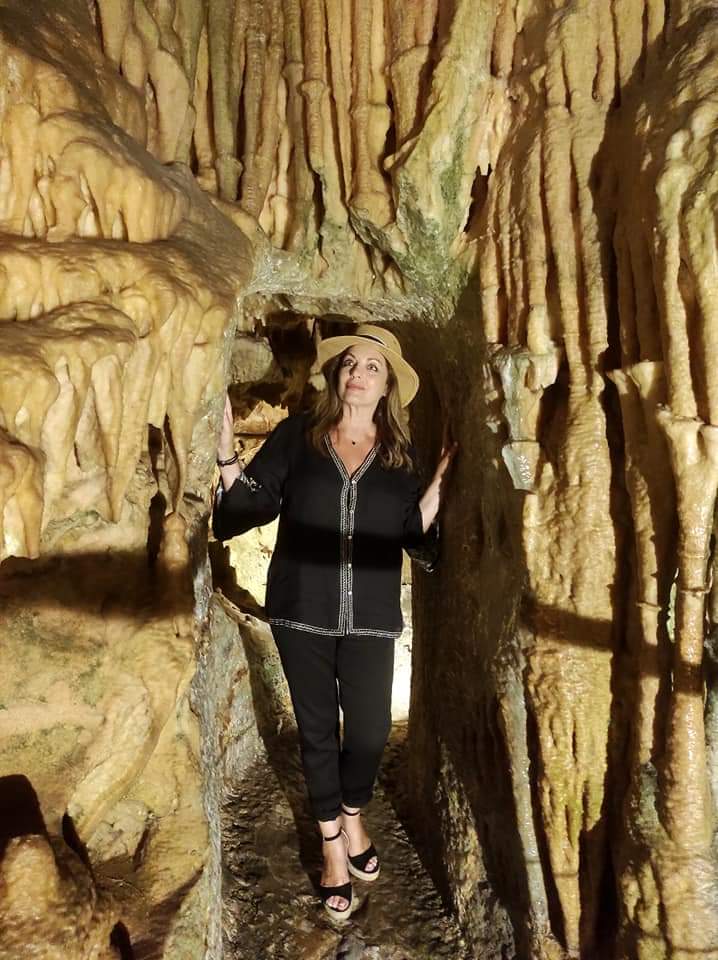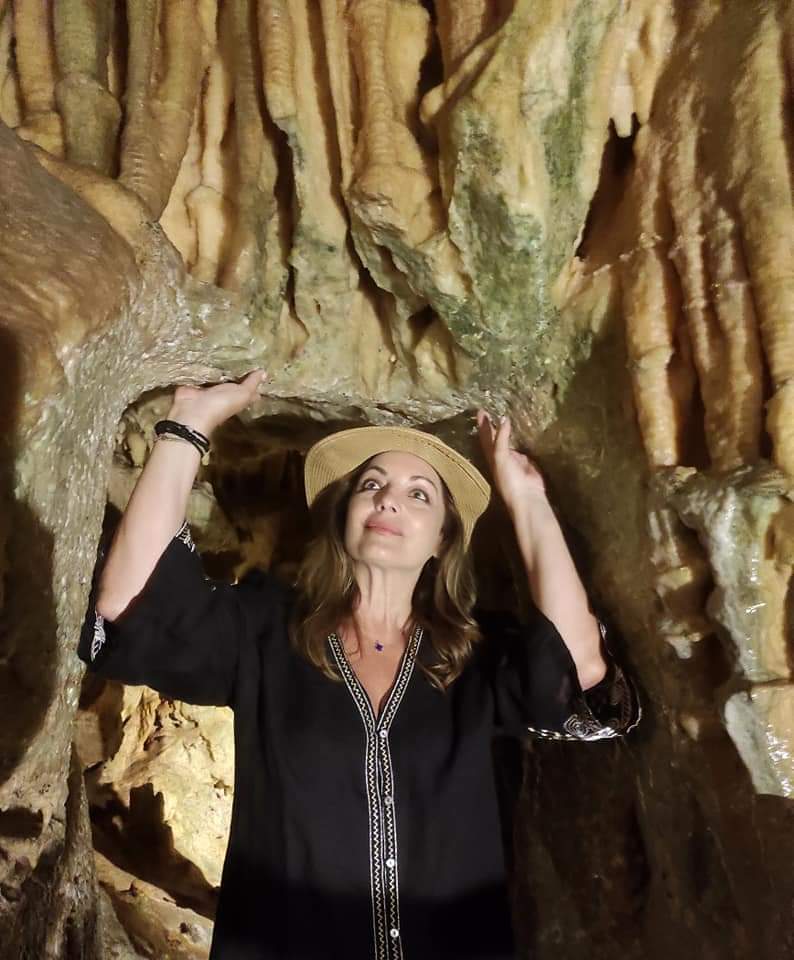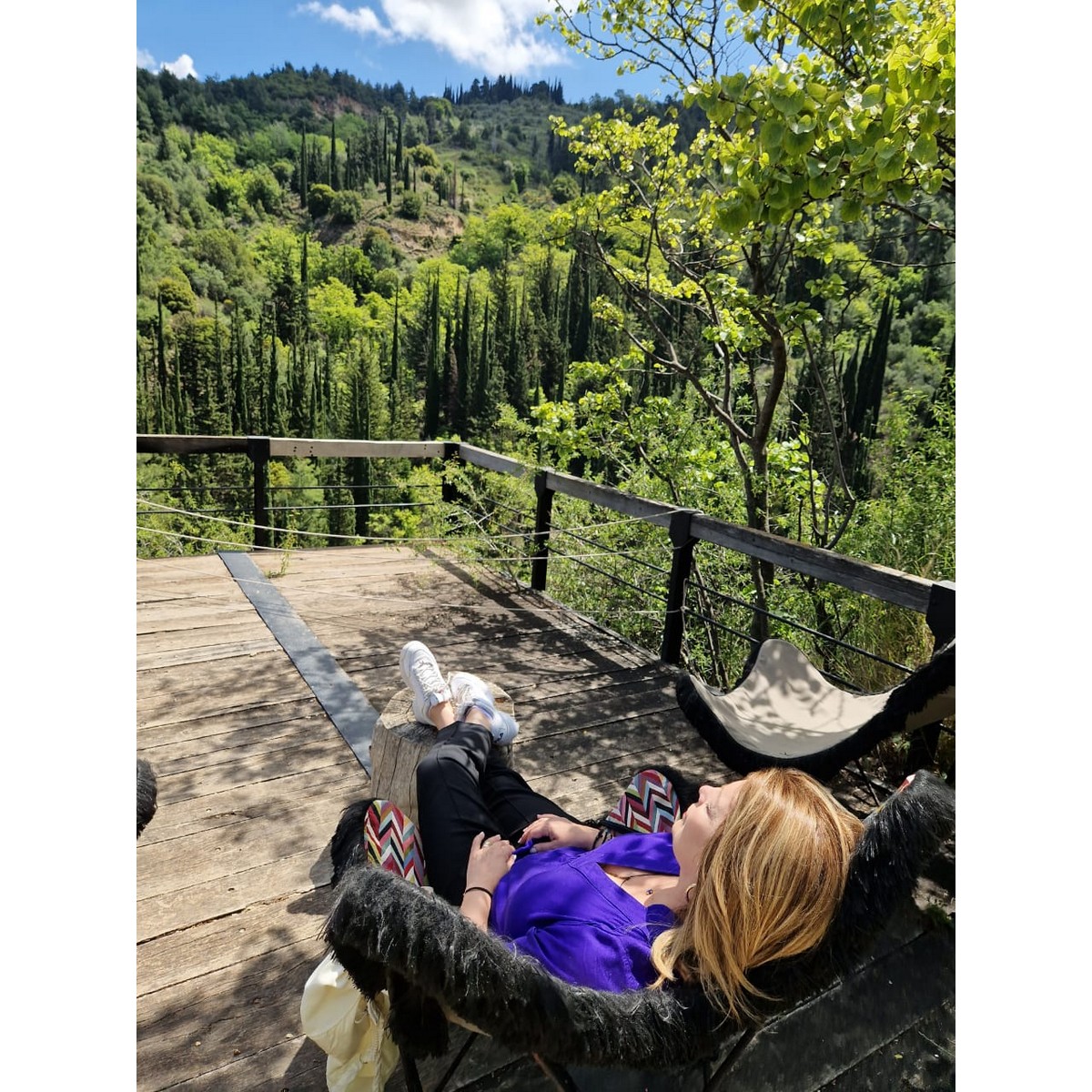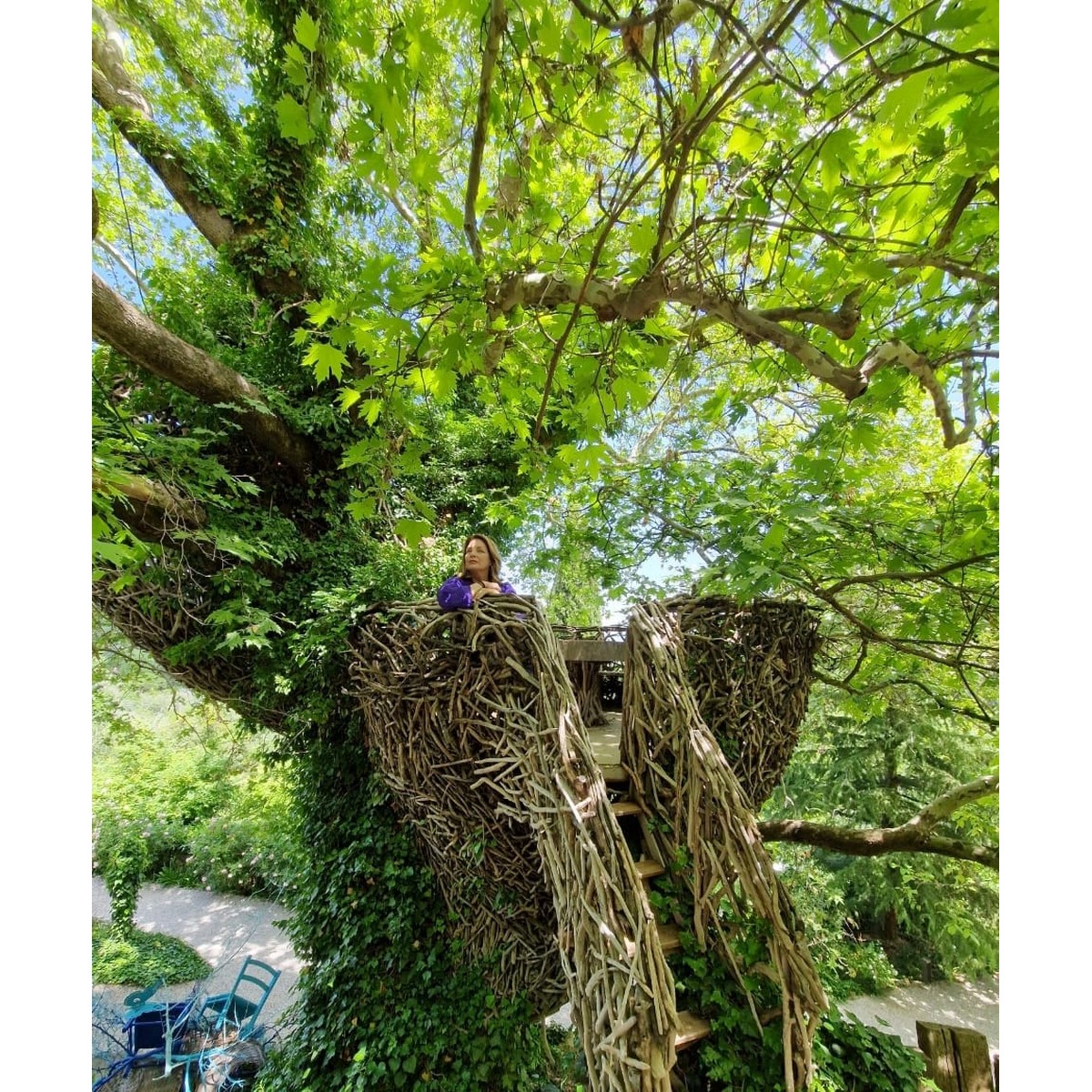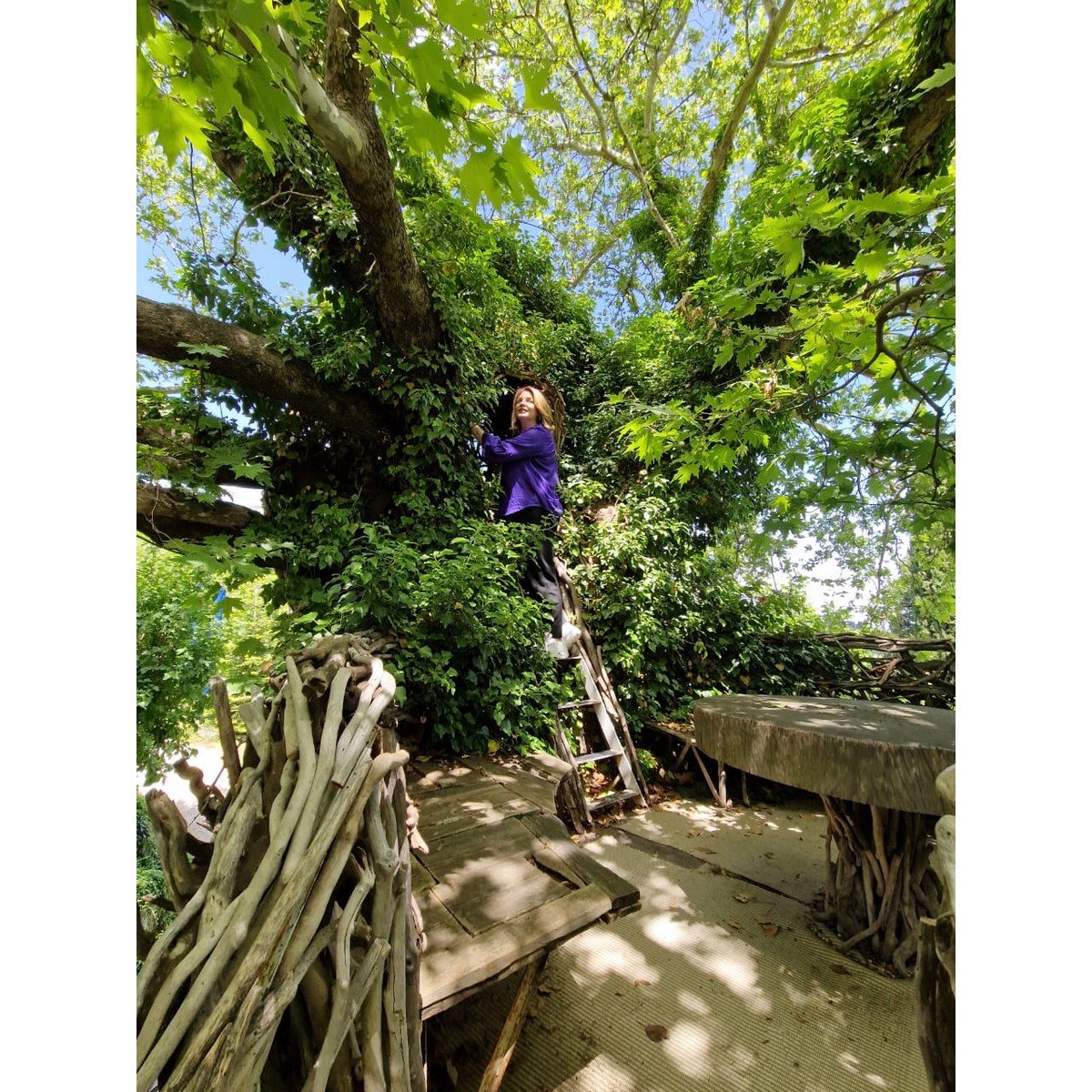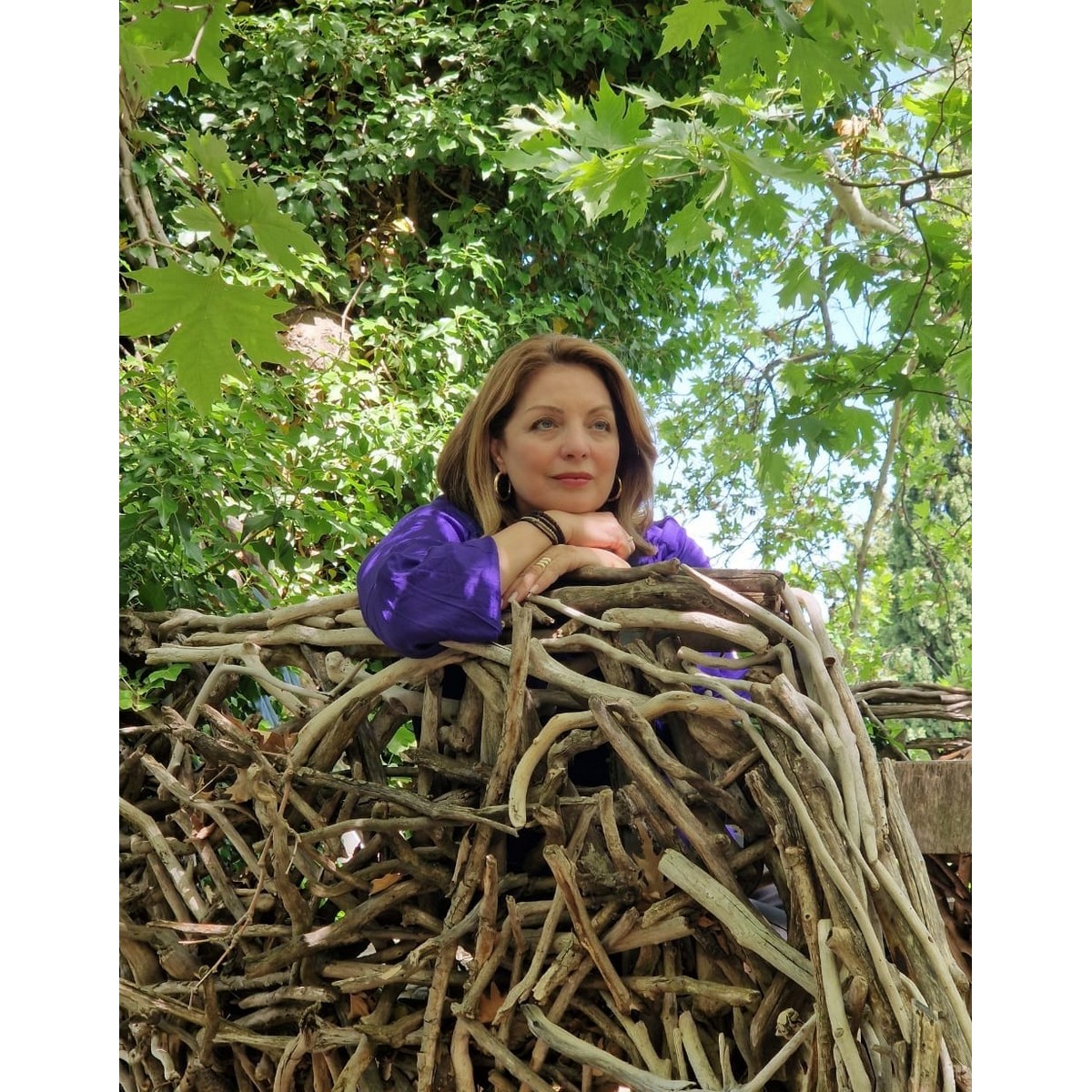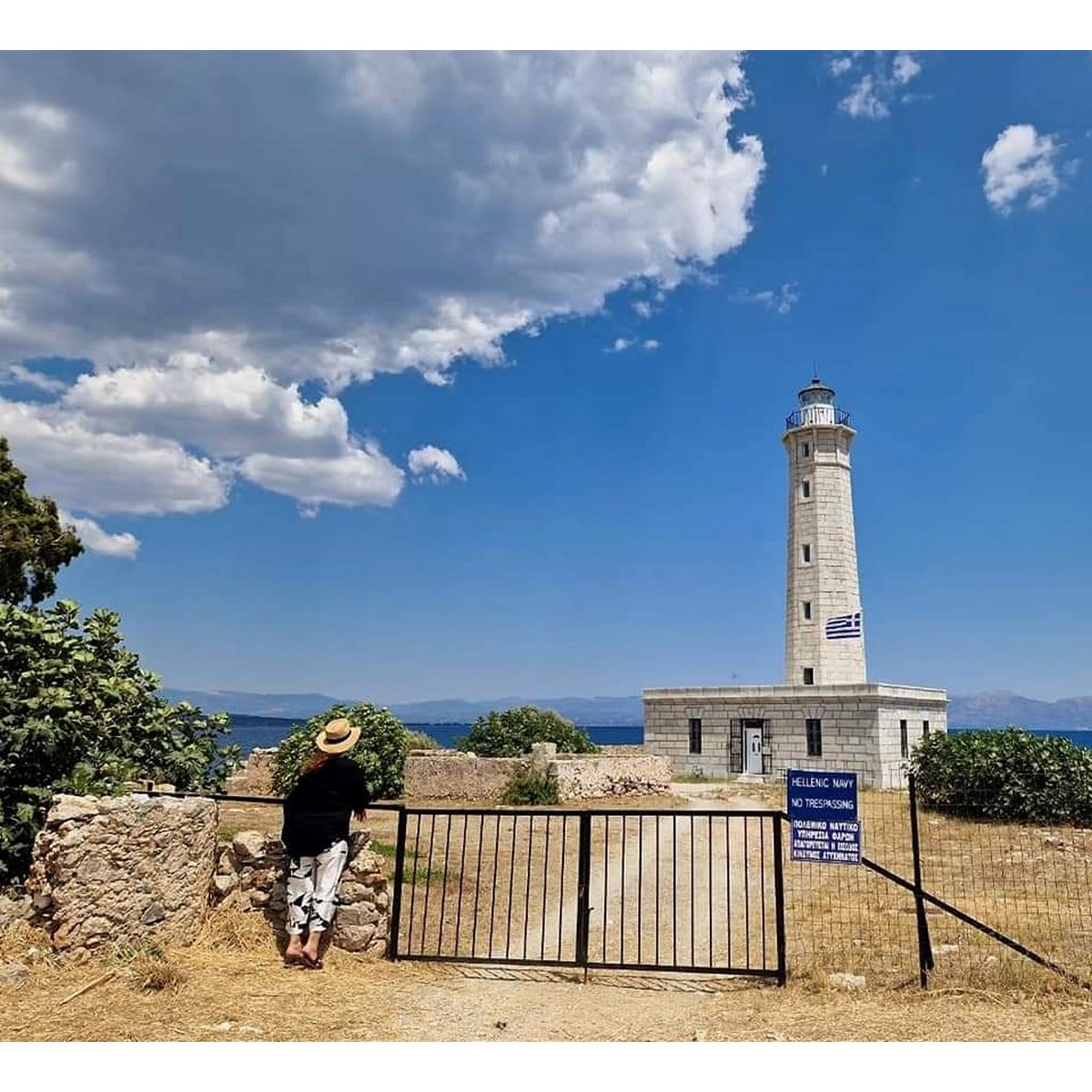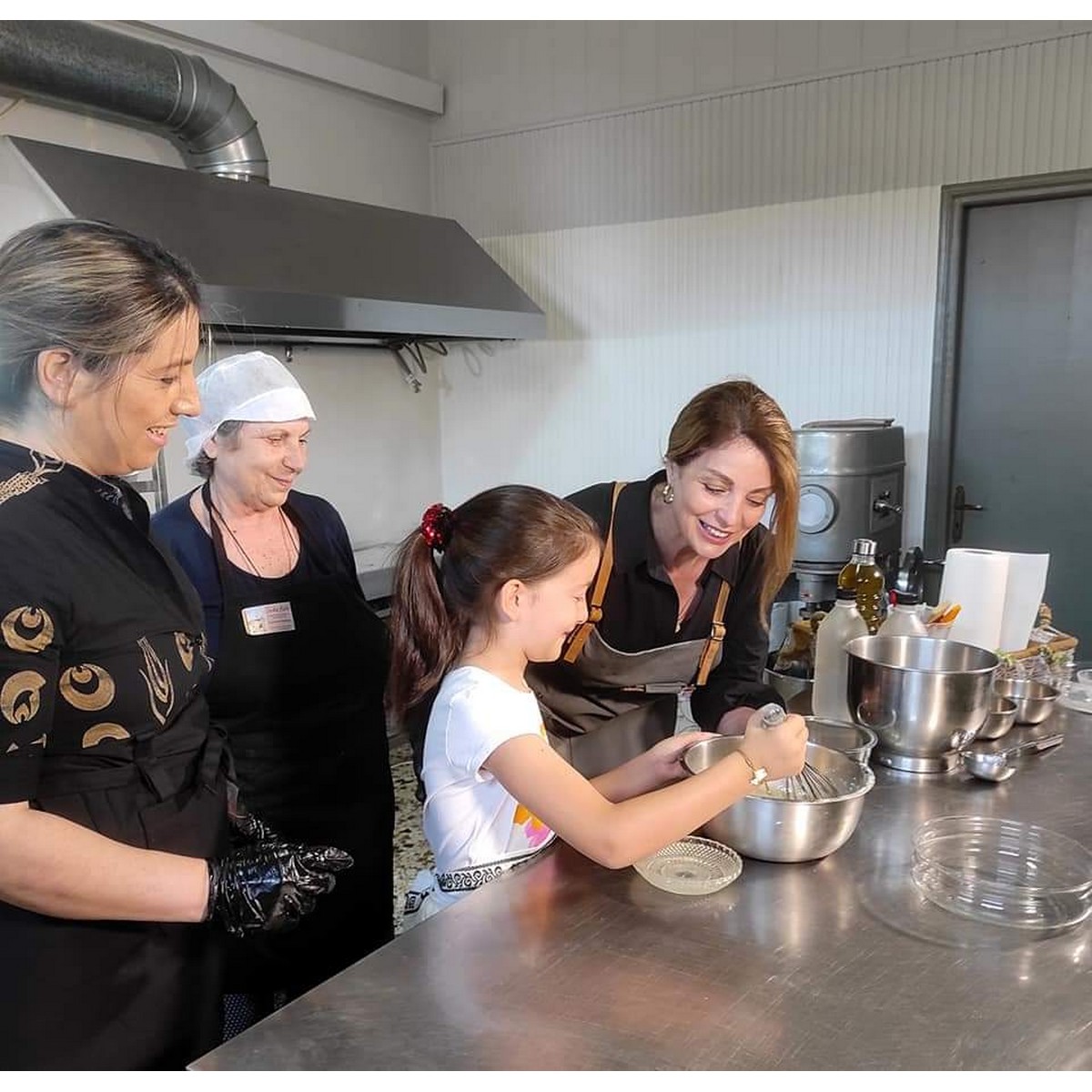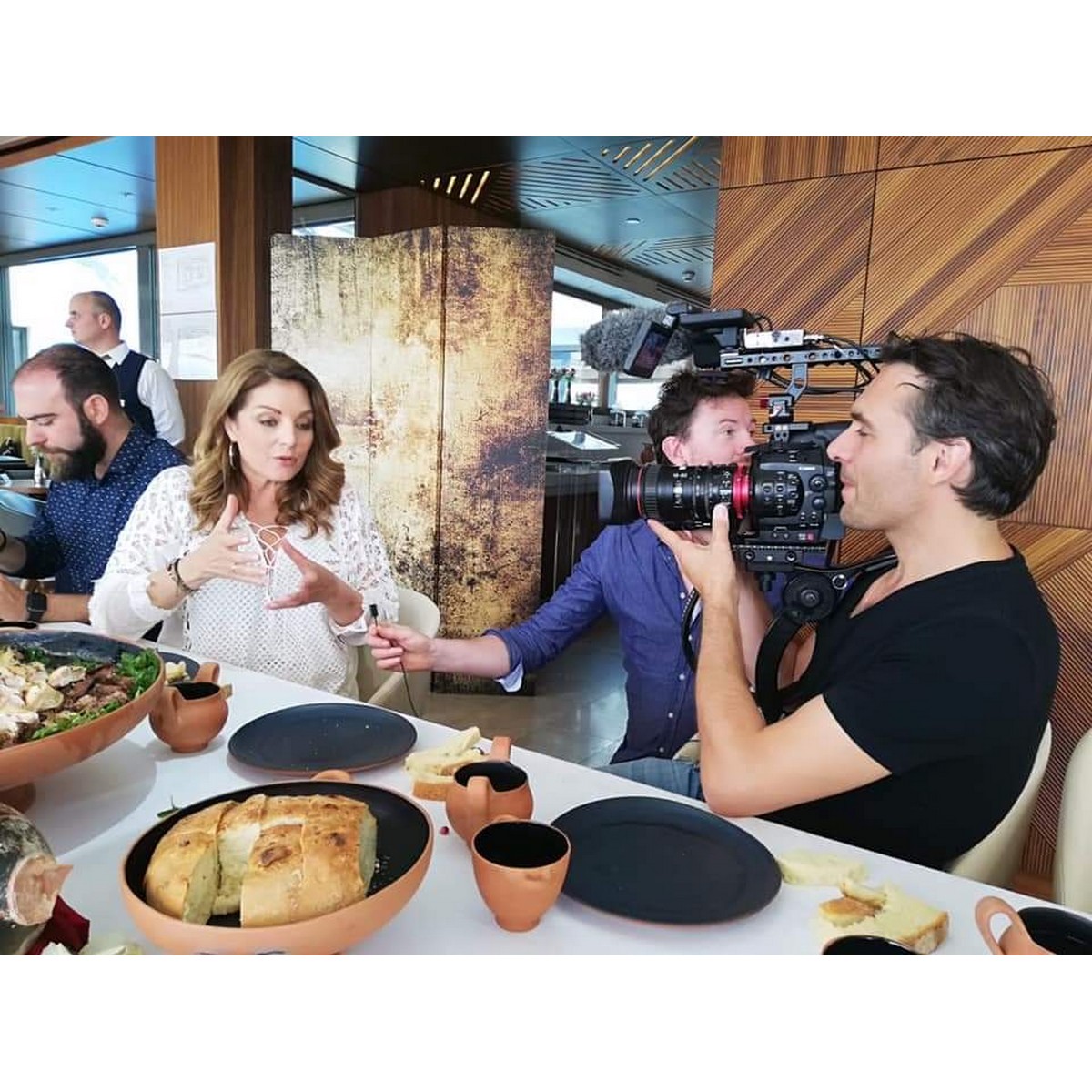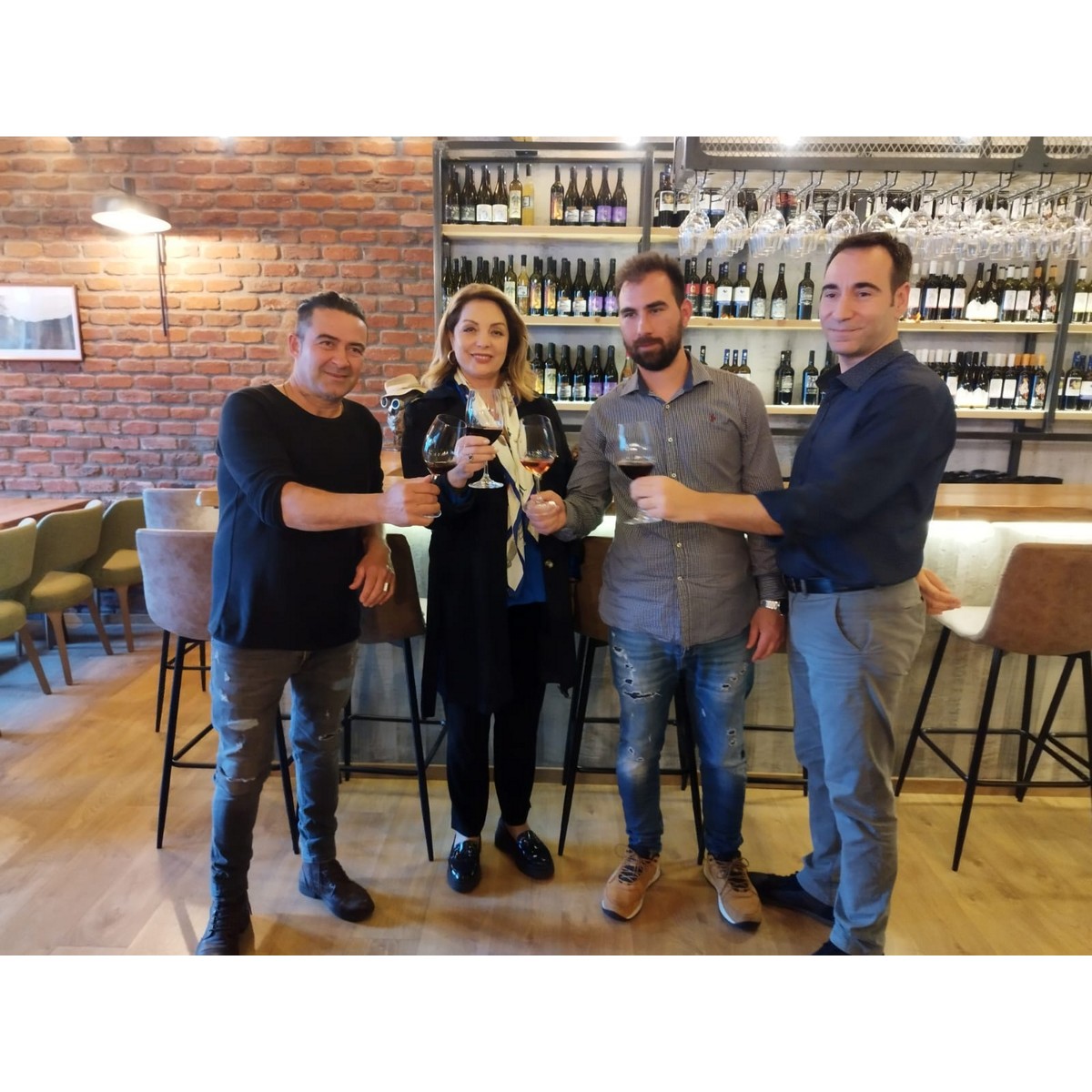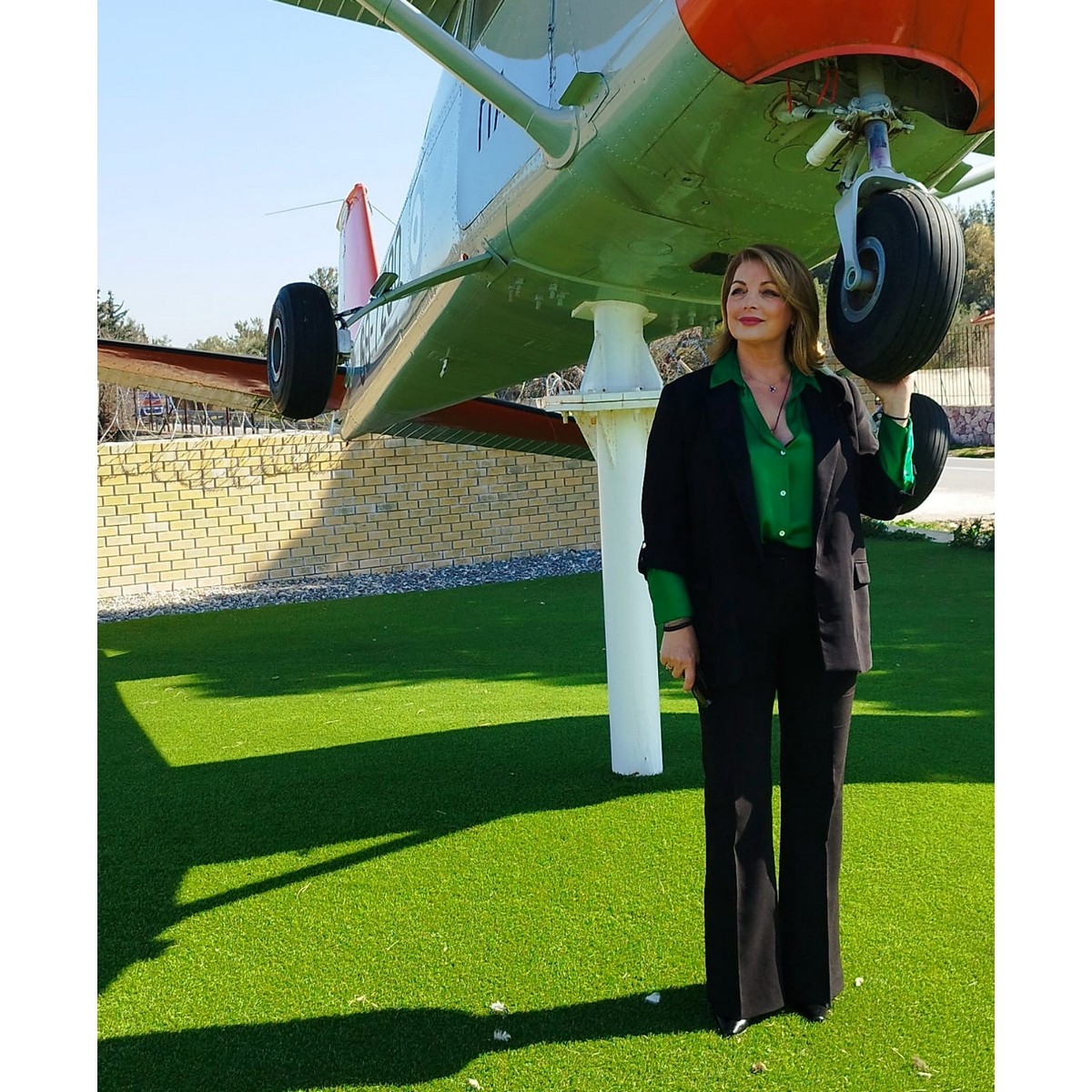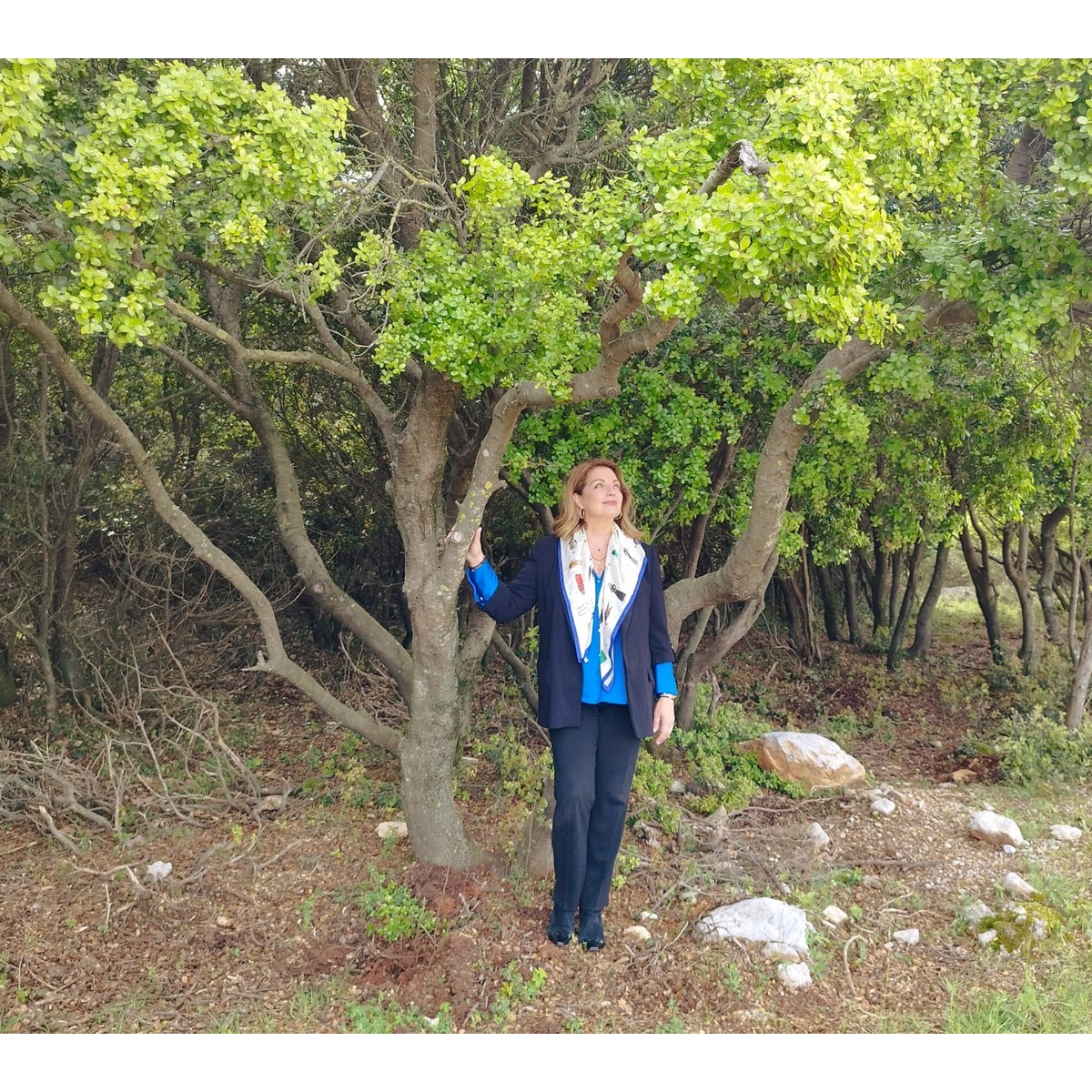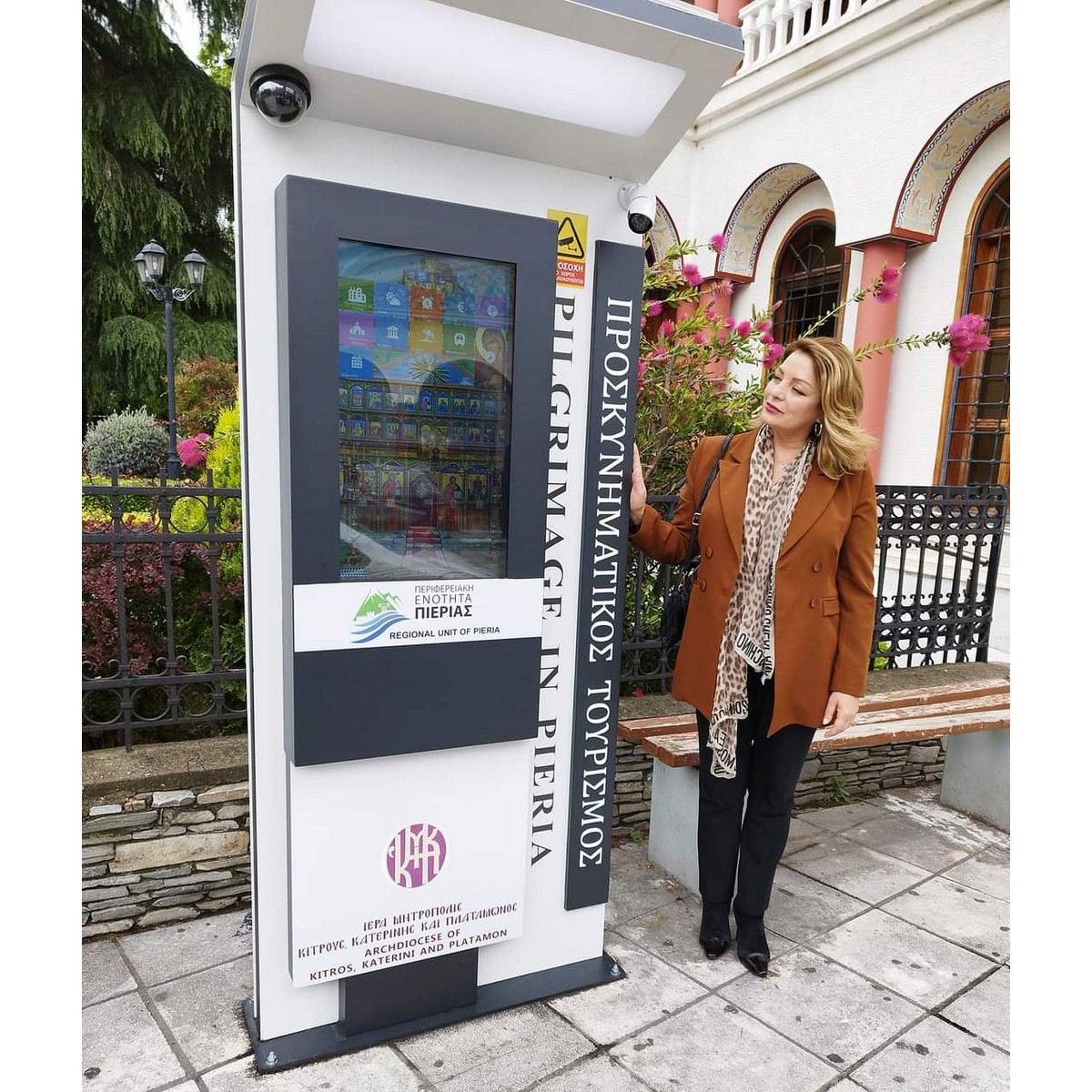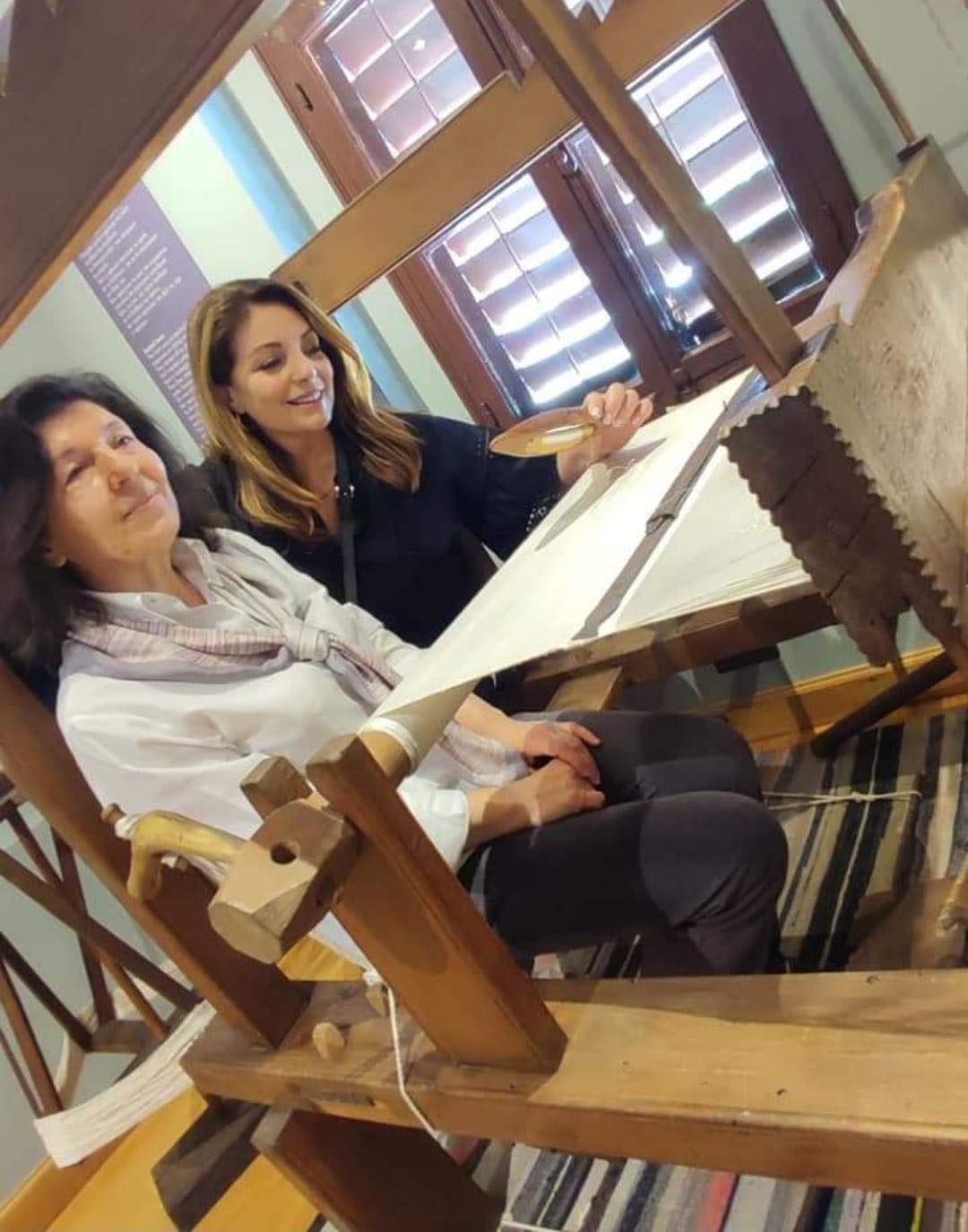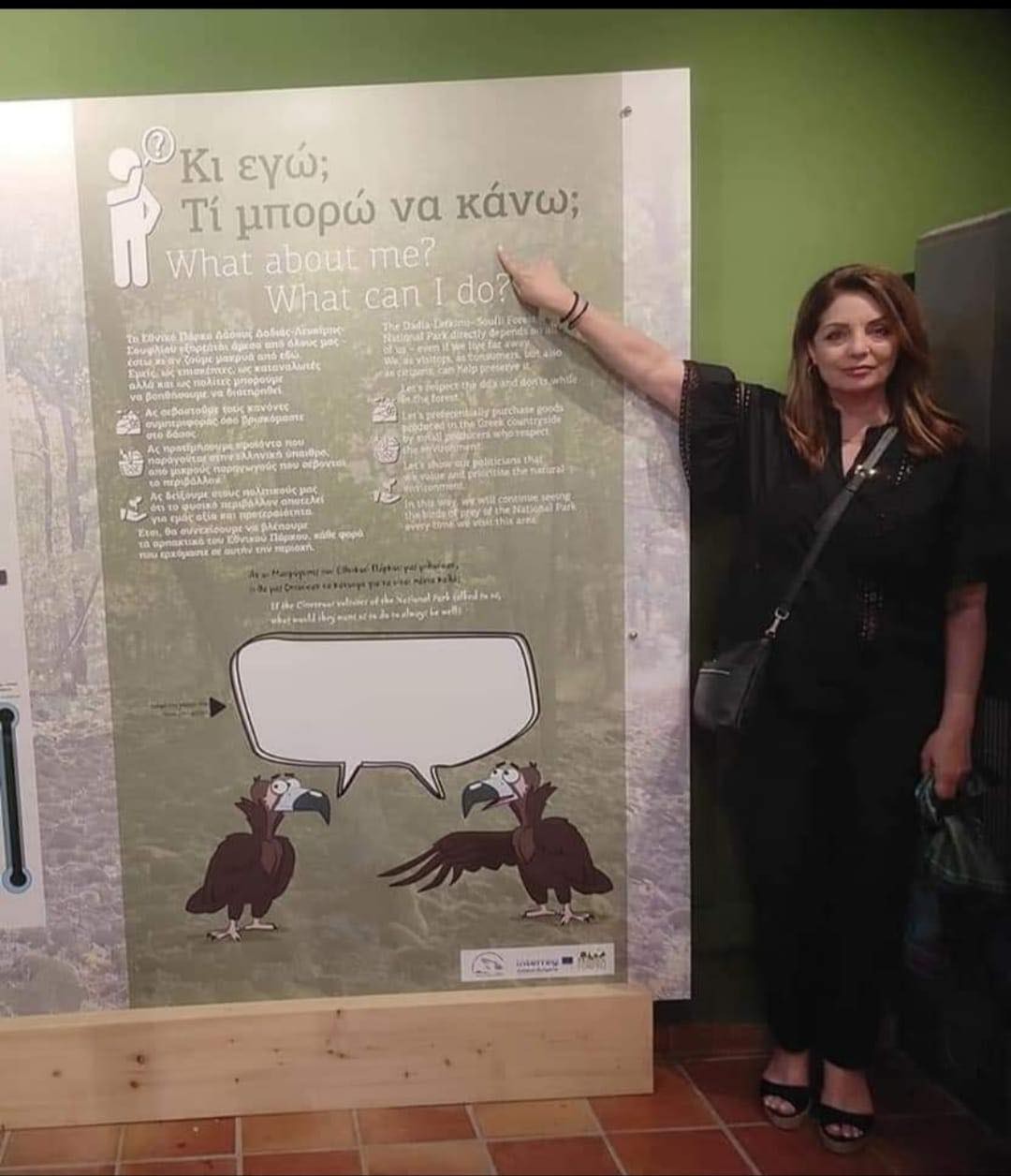Experiential
Tourism
Εxperiential tourism, also known as “experimental” or “immersive tourism,” is a type of travel that focuses on unique, authentic, and often unconventional experiences.
It involves visiting places, participating in activities, or engaging with local culture in ways that are not typically associated with mainstream tourism.
The concept of experimental tourism is based on the idea that travel should be more than just sightseeing or ticking off destinations from a bucket list. It aims to provide travelers with meaningful and transformative experiences that challenge their perceptions, expand their horizons, and encourage personal growth.
Examples of experiential tourism could include participating in a cultural exchange program, learning a new skill or craft from a local artisan, embarking on a wilderness survival adventure, or exploring a city’s hidden neighborhoods and lesser-known attractions.
Experimental tourism has gained popularity in recent years, as more travelers seek out unique and authentic experiences that go beyond the traditional tourist circuit. It can be a great way to connect with locals, learn about different cultures, and gain a deeper appreciation for the world around us.
–
Experiential tourism, also known as “experimental tourism” or “immersive tourism,” is a type of travel that emphasizes on active participation and engagement with the local culture and environment. It offers travelers the opportunity to have authentic and immersive experiences that go beyond the traditional tourist activities.
Experiential tourism can take many forms, such as:
Cultural immersion:
Eco-tourism:
Adventure tourism:
Food and drink tourism:
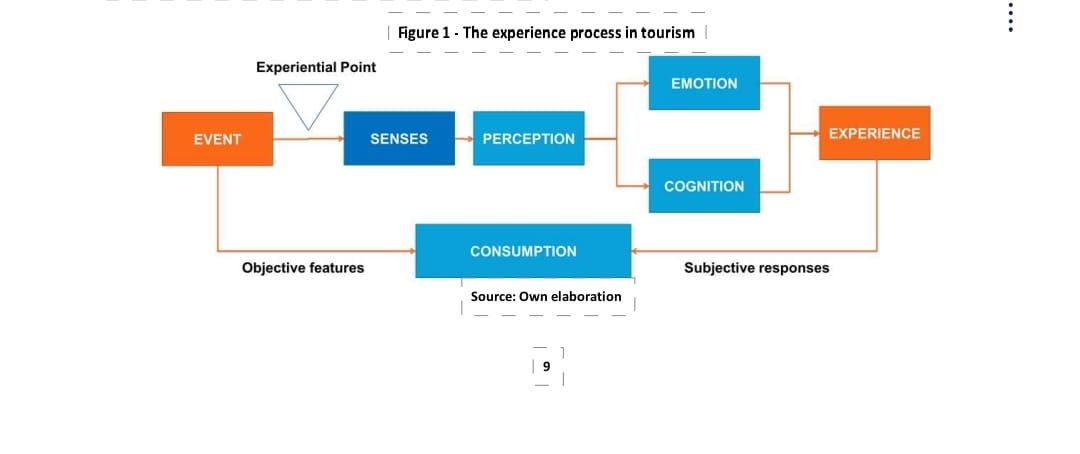
Experiential tourism provides travelers with an opportunity to engage with the local community and environment, learn new skills, and gain a deeper understanding of different cultures and ways of life. It is a growing trend in the tourism industry, as more travelers seek meaningful and transformative experiences that go beyond the typical tourist activities.





